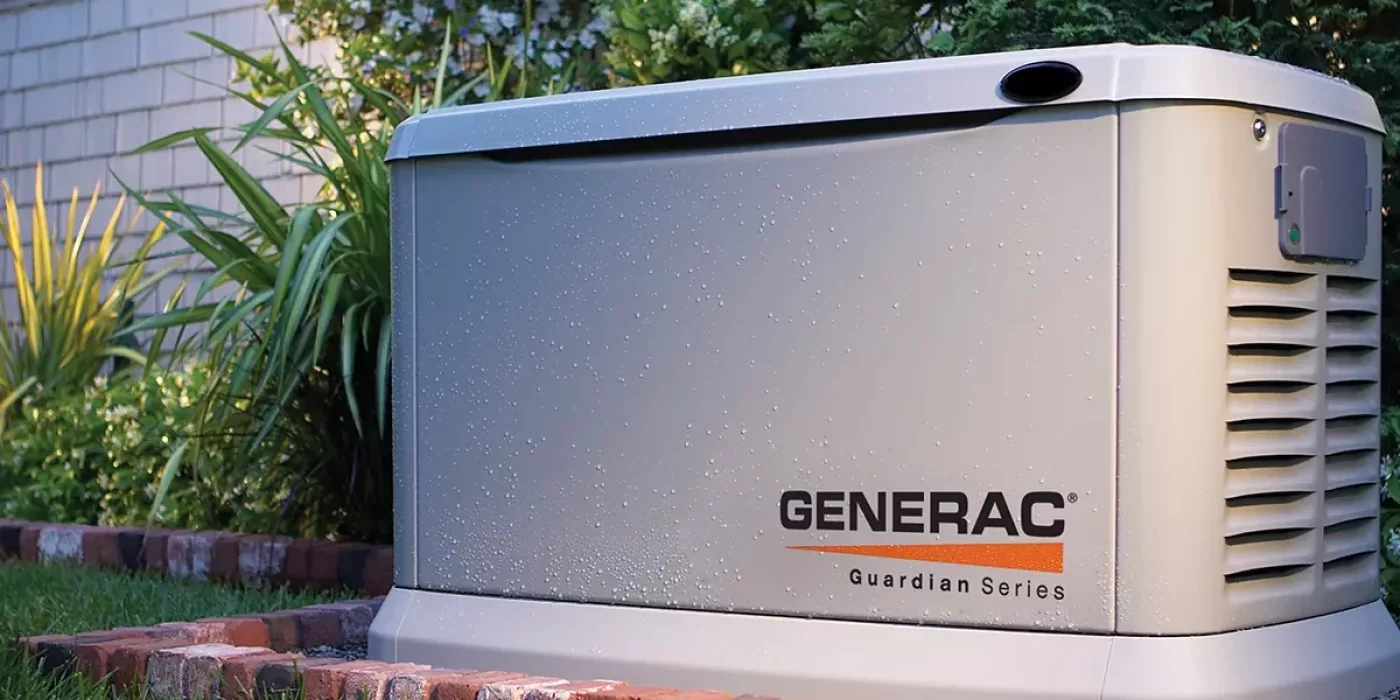In today's world, where power outages can disrupt daily life, having a reliable residential generator is essential. Selecting the right generator ensures that your home remains powered during unforeseen circumstances. This guide will help you navigate the key considerations in choosing the perfect generator for your needs.

In today's world, where power outages can disrupt daily life, having a reliable residential generator is essential. Selecting the right generator ensures that your home remains powered during unforeseen circumstances. This guide will help you navigate the key considerations in choosing the perfect generator for your needs.
Before selecting a generator, it's crucial to assess your home's power needs. List all essential appliances and systems you want to keep running during an outage, such as refrigerators, heating or cooling systems, medical equipment, and lighting. Each device has a specific wattage requirement; summing these will give you an estimate of the total power needed. Remember to account for the starting watts of appliances, which can be higher than their running watts. This assessment ensures that the generator you choose can handle your home's demands without overloading.
There are primarily two types of residential generators to consider:
The choice of fuel impacts the generator's performance, cost, and maintenance:
When evaluating generators, consider the following features:
For standby generators, professional installation is recommended to ensure safety and compliance with local codes. Regular maintenance, such as oil changes, filter replacements, and system checks, will keep the generator in optimal condition. Many modern generators offer remote monitoring, allowing you to track performance and receive maintenance alerts via smartphone apps.
Generators come in a range of prices based on their capacity, features, and brand. While it's essential to stay within budget, prioritize quality and reliability, especially if the generator will serve as your home's primary power source during emergencies. Financing options are available through providers like ERCO Residential, making it easier to invest in a reliable standby generator.
Choosing the right residential generator involves careful consideration of your power needs, fuel preferences, desired features, and budget. By assessing these factors, you can select a generator that provides reliable power, ensuring your home remains functional and comfortable during unexpected outages.